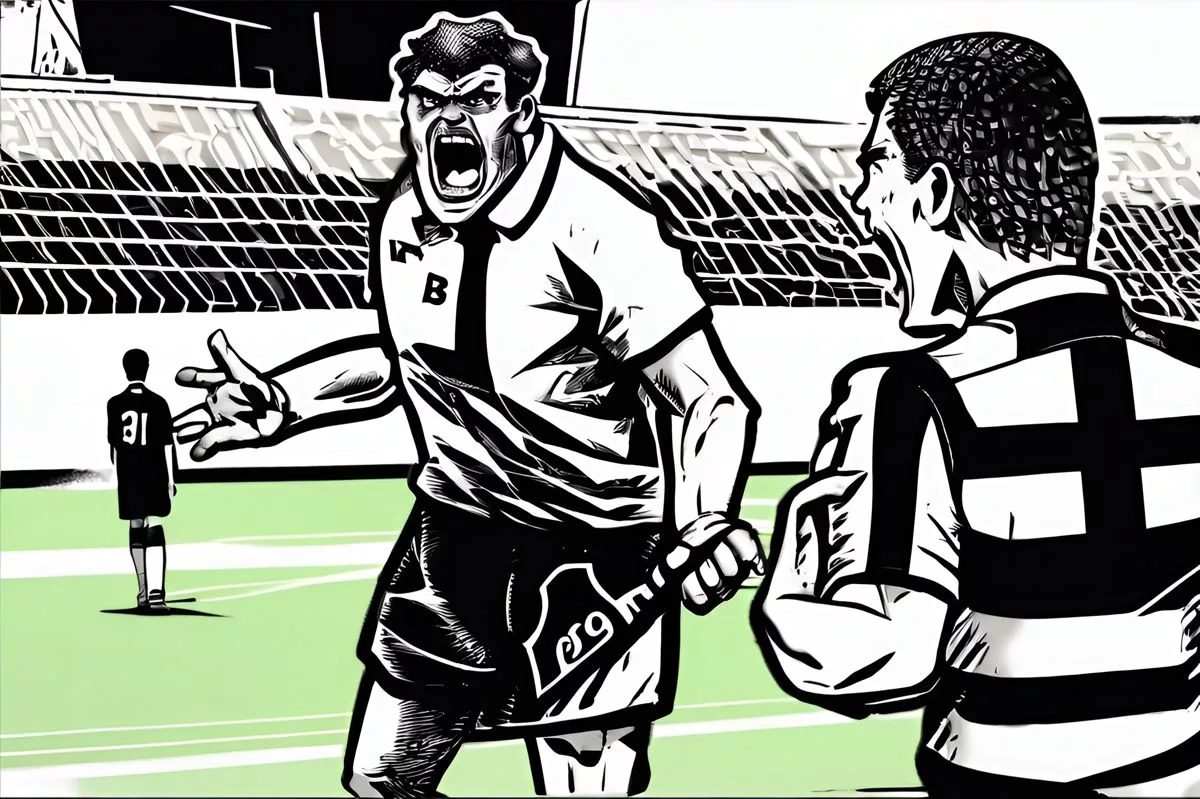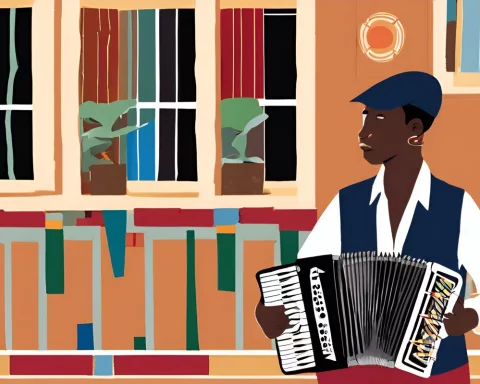The Lyle Foster Conundrum in South African football involves a 23-year-old forward prioritizing his club over his country due to mental health issues, sparking a delicate examination of player commitments to both. Foster’s decision not to participate in the national team’s matches during the African Cup of Nations has raised questions about the relationship between football clubs and national teams. The controversy has prompted SAFA to scrutinize the situation and navigate the intricate dynamics of player wellbeing, team goals, and national duties.
An Intricate Dilemma in South African Football
The Lyle Foster Conundrum: A 23-year-old forward affiliated with Burnley, Lyle Foster prioritized his club over his country by not participating in the national team’s matches, specifically during the African Cup of Nations due to mental health difficulties. SAFA’s ongoing examination highlights the delicate balance between a player’s commitments to their club and their responsibilities towards their national team.
The realm of South African football is currently entangled in a complex situation. The crux of the issue involves numerous parties – the South African Football Association (SAFA), renowned player Lyle Foster, his English club Burnley, and the national team, Bafana Bafana. This puzzle invites curiosity and encourages an understanding of the relationship between football clubs and national teams.
The Lyle Foster Conundrum
At the center of all this is Lyle Foster, a 23-year-old forward currently affiliated with Burnley. Foster has been the cynosure of all eyes due to his decision to prioritize his club over his country. What sparked this scenario was Foster’s wish to not participate in the national team’s matches, specifically during the African Cup of Nations (Afcon). His decision was founded on the premise of his seven-week hiatus from the game, brought on by mental health difficulties. Foster resumed playing with Burnley in the middle of December.
Hugo Broos, the coach of Bafana Bafana, found himself in the vortex of this predicament. He dialogued with Burnley, specifically with coach Kompany, about the prospect of Foster being available for the national team. The club’s response was an emphatic ‘no’, underscoring Foster’s readiness as the primary concern. Nonetheless, Broos included Foster in the preliminary selection, reflecting a glimmer of hope that Foster might participate in the national team’s games.
The Bafana Bafana Dilemma and SAFA’s Probe
Foster’s situation became more convoluted when he was spotted playing for Burnley, despite being labeled unfit for the national team. This unexpected turn of events stunned Broos, who promptly reached out to coach Kompany and Burnley’s medical team for an explanation. The medical team justified their stance by saying that it would be imprudent for Foster to participate in Afcon due to potential physical risks, which could potentially negate his recovery efforts.
Broos has not hidden his discontent with this development. Although he respects the medical verdict, seeing Foster participate in his club’s games while being deemed unfit for his country is certainly perplexing. He, however, has firmly clarified that the decision isn’t within his authority to make.
The controversy surrounding this matter has caused SAFA to scrutinize this issue. The association realizes the potential impact that Foster could have on the national team. SAFA president, Danny Jordaan, has voiced his intention to determine whether the club or Foster himself is behind the current situation.
Navigating the Intricate Dynamics
The unfolding events in the Foster case highlight the delicate balance between a player’s commitments to their club and their responsibilities towards their national team. It necessitates a subtle comprehension of player wellbeing, the stresses inherent in the sport, and how these factors intermingle in the larger football landscape. SAFA’s ongoing examination is a step towards recognizing and resolving these intricacies, thereby protecting the interests of the players, the national team, and the clubs they represent.
As this captivating narrative continues to unravel, it serves as a poignant reminder that football, apart from being a sport celebrated worldwide, is also a domain where delicate equilibriums must be maintained. Balances between the wellbeing of individual players and team goals, between club loyalties and national duties, and between the physical realities of athletes and the expectations of a passionate sports nation. As we anticipate the results of the SAFA investigation, it is worth recalling that the player’s wellbeing should be the foremost consideration.
The Tightrope Walk: Foster’s Journey
The case of Lyle Foster underscores the conflict between his professional obligation to Burnley and his national dedication to Bafana Bafana, revealing the fine line that players often tread. As we steer through this tangled tale, the football world observes with anxious anticipation and hopes for the best outcome – for the player, the association, and the sport itself.
1. Who is Lyle Foster, and why is he at the center of this South African football dilemma?
Lyle Foster is a 23-year-old forward affiliated with Burnley who prioritized his club over his country by not participating in the national team’s matches, specifically during the African Cup of Nations, due to mental health difficulties. His decision has sparked a delicate examination of player commitments to both and prompted SAFA to scrutinize the situation and navigate the intricate dynamics of player wellbeing, team goals, and national duties.
2. What is the Lyle Foster Conundrum, and what does it reveal about the relationship between football clubs and national teams?
The Lyle Foster Conundrum is the delicate balance between a player’s commitments to their club and their responsibilities towards their national team. Foster’s decision not to participate in the national team’s matches during the African Cup of Nations has raised questions about the relationship between football clubs and national teams and how they should prioritize player wellbeing, team goals, and national duties.
3. What was the response of Burnley and their coach to Foster’s inclusion in the national team’s preliminary selection?
When Bafana Bafana coach Hugo Broos included Foster in the national team’s preliminary selection, Burnley’s coach Kompany and the club’s medical team responded emphatically with a ‘no,’ citing Foster’s readiness as their primary concern.
4. Why did Broos express his discontent with Foster’s situation, and what did he do about it?
Broos expressed his discontent with Foster’s situation when he spotted Foster playing for Burnley despite being labeled unfit for the national team. He reached out to coach Kompany and Burnley’s medical team for an explanation, justifying their stance by saying that it would be imprudent for Foster to participate in Afcon due to potential physical risks. Broos clarified that the decision isn’t within his authority to make.
5. What is SAFA’s response to Foster’s situation, and what is their ongoing examination about?
The controversy surrounding Foster’s situation has caused SAFA to scrutinize the issue. SAFA president, Danny Jordaan, has voiced his intention to determine whether the club or Foster himself is behind the current situation. SAFA’s ongoing examination is a step towards recognizing and resolving the intricate dynamics of player wellbeing, team goals, and national duties, thereby protecting the interests of the players, the national team, and the clubs they represent.
6. What does Foster’s case highlight about the delicate balance between a player’s commitments to their club and their responsibilities towards their national team?
Foster’s case highlights the fine line that players often tread between their professional obligation to their club and their national dedication to their country. It underscores the conflict between the two and reveals the intricate dynamics that must be maintained to balance player wellbeing, team goals, and national duties. As the SAFA investigation unfolds, it is vital to remember that the player’s wellbeing should be the foremost consideration.












